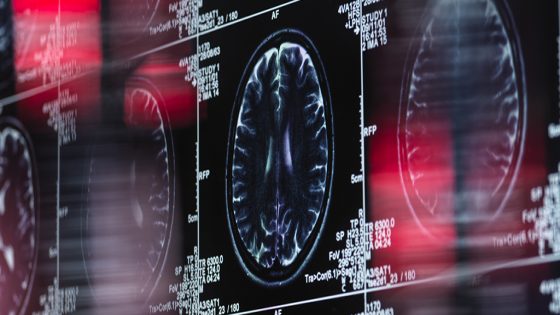A recent study has raised concerns about the link between gabapentin, a drug commonly used for nerve pain and epilepsy, and an increased risk of dementia. Conducted by researchers from Case Western Reserve University and Arizona State University, this investigation analyzed over 26,000 patient records, revealing alarming Trends about cognitive health among those prescribed gabapentin.
- Gabapentin linked to increased dementia risk
- Significant findings from 26,416 patient records
- Higher risk in younger patients (35-49)
- Physicians urged to monitor cognitive outcomes
- Previous studies show conflicting results
- Need for further research on gabapentin's effects
Findings indicate that individuals receiving six or more prescriptions for gabapentin faced a 29% higher likelihood of developing dementia and an 85% increased risk of mild cognitive impairment (MCI) within a decade. This study, published on July 17, 2025, highlights the need for healthcare providers to closely monitor patients on this medication, especially younger adults aged 35 to 49.
This raises an important question: should patients reconsider their pain management strategies? While gabapentin is less addictive than opioids, its potential cognitive side effects warrant careful consideration. Here are some recommendations for patients:
- Discuss alternative pain management options with your healthcare provider.
- Regularly assess cognitive function if on gabapentin.
- Stay informed about new research regarding gabapentin and cognitive health.
- Consider lifestyle changes that support brain health.
As research continues to evolve, it’s crucial for patients and healthcare providers to stay informed about the implications of medications like gabapentin on long-term cognitive health. Prioritizing brain health is essential for overall well-being.
















![[Adobe Stock]](https://news.faharas.net/wp-content/uploads/2025/07/Ketogenic-Diet-Boosts-Brain-Blood-Flow-by-22-and-BDNF-230x129.jpg)















